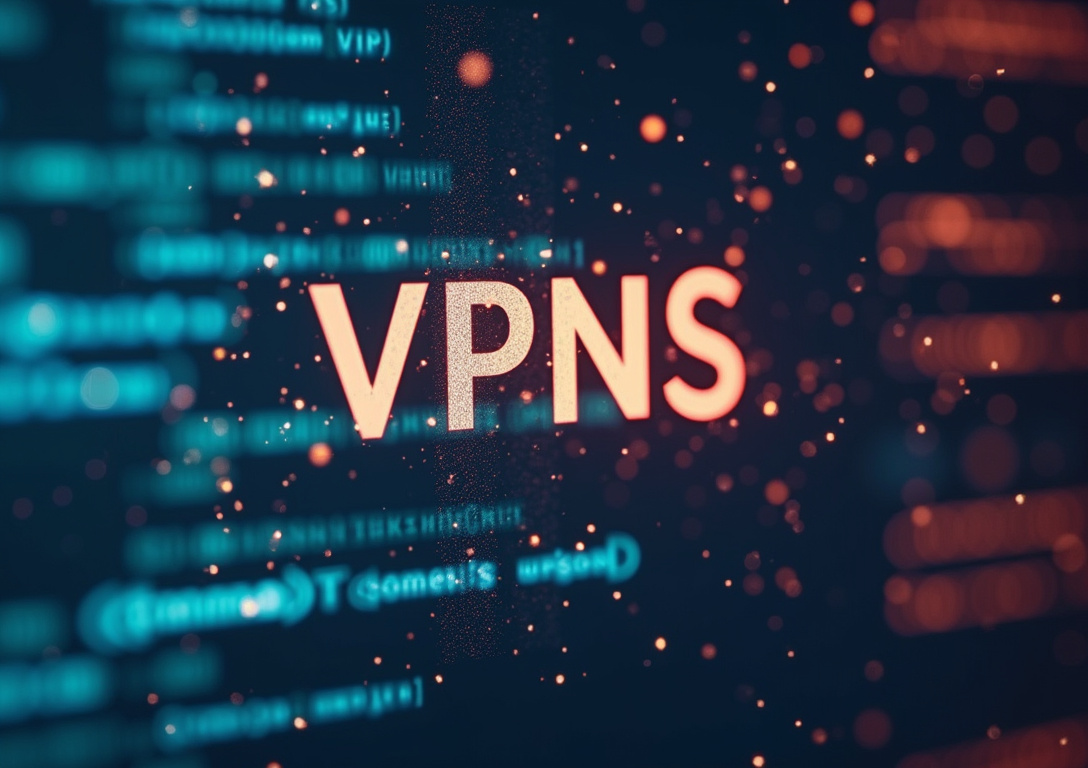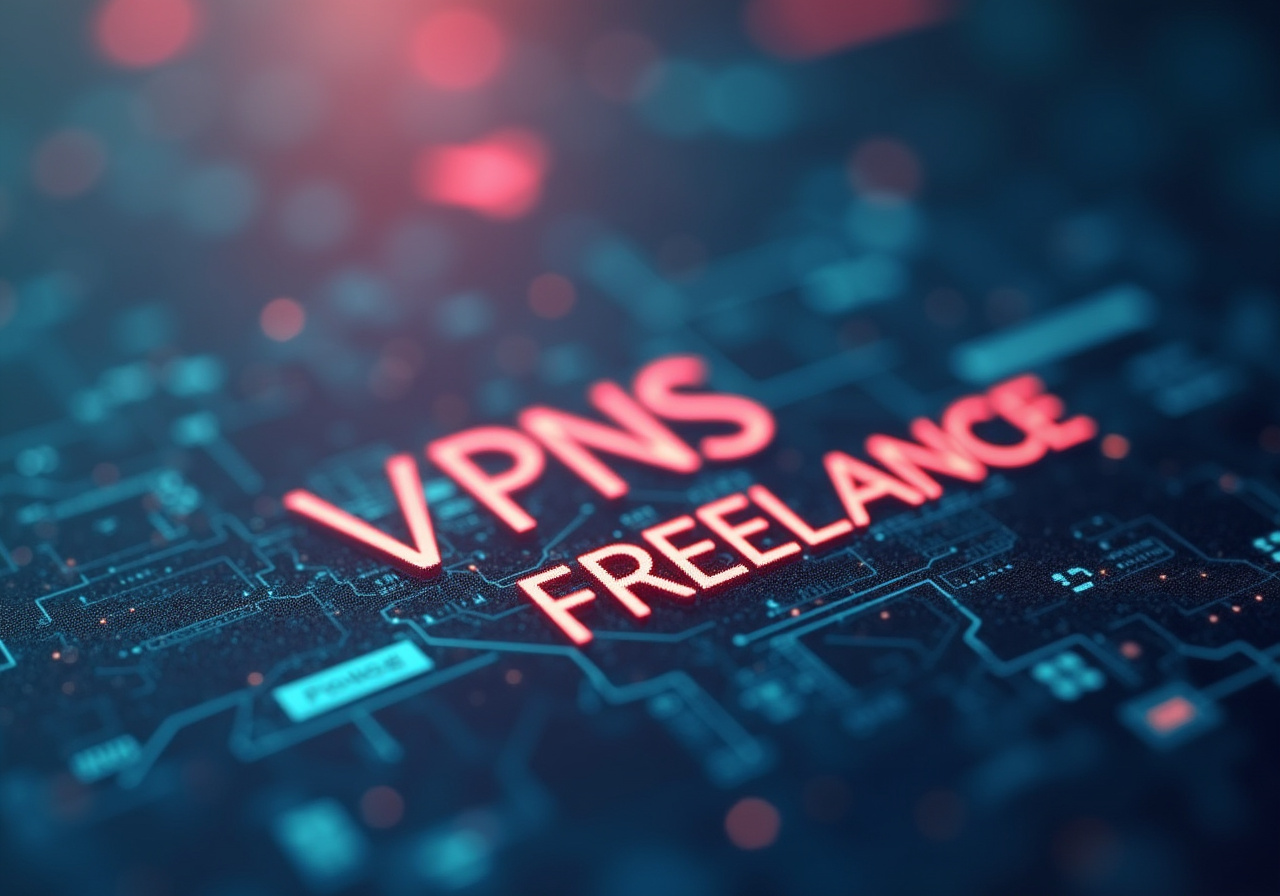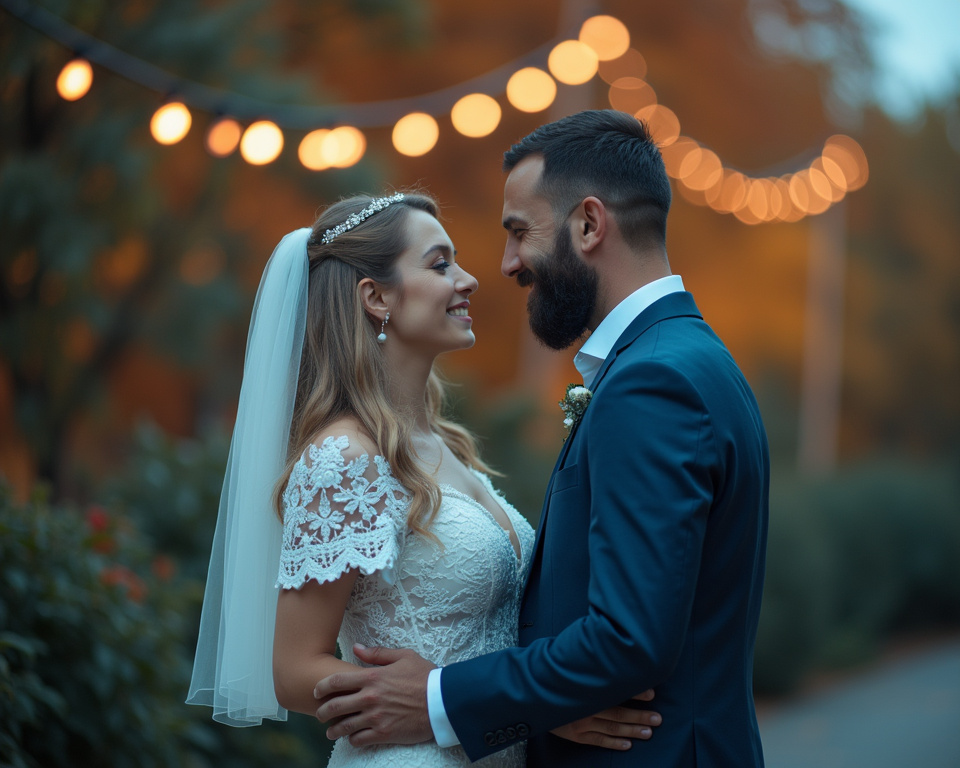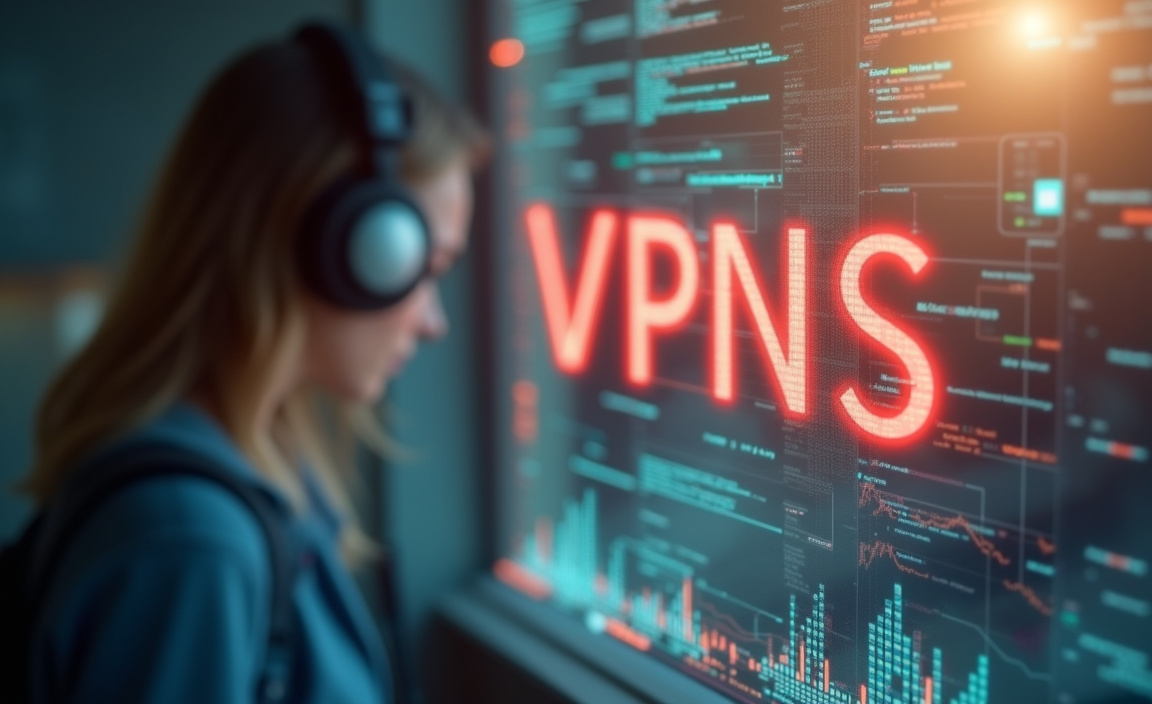VPNs for Freelance Animators: Protecting Animation Assets
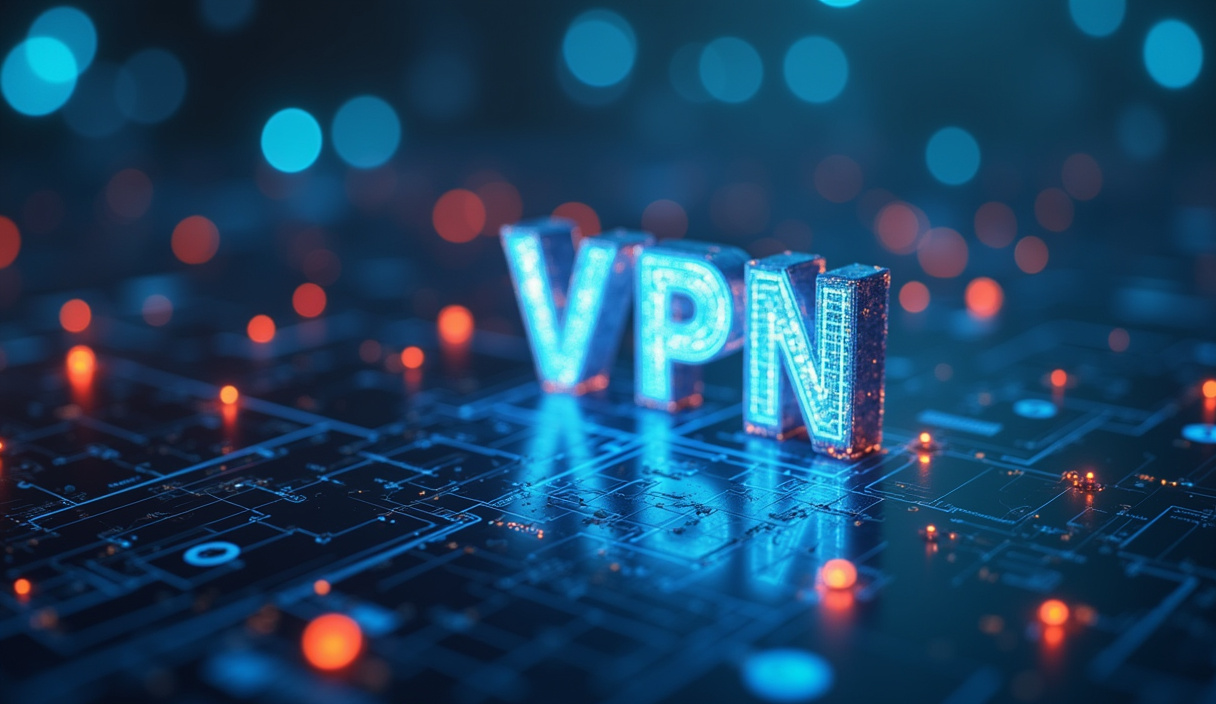
Table of Contents
VPNs for Freelance Animators: Protecting Animation Assets
In the fiercely competitive and increasingly digital realm of freelance animation, the security of creative assets and the confidentiality of client projects are not merely considerations, but critical imperatives. A single data breach or security lapse can inflict irreparable damage on an animator's reputation, jeopardize client relationships, and result in substantial financial losses. The modern freelance animator operates in a complex ecosystem, often relying on remote collaboration, cloud-based storage, and public Wi-Fi networks, each posing inherent security risks.
This necessitates a proactive and robust security infrastructure, with a Virtual Private Network (VPN) serving as a foundational element. This article delves into the crucial role of VPNs in safeguarding the creative endeavors of freelance animators, exploring how these tools bolster animation asset security, enhance *, and enable * in an increasingly vulnerable digital environment. The freelance animation workflow often involves handling highly sensitive materials, including proprietary characters, unreleased storylines, and confidential client briefs.
These assets are attractive targets for cybercriminals, who may seek to steal intellectual property, extort companies, or disrupt ongoing projects. A VPN provides a vital layer of protection by encrypting all internet traffic, effectively scrambling data as it travels between the animator's device and the internet. This encryption renders the data unreadable to unauthorized parties, making it virtually impossible for hackers to intercept or decipher sensitive information.
This is especially critical when transferring large animation files, such as high-resolution renders or complex 3D models, which are particularly vulnerable during transmission. Moreover, freelance animators frequently rely on public Wi-Fi networks in locations like coffee shops, co-working spaces, and airports. These networks are notoriously insecure, often lacking basic encryption and authentication protocols.
Connecting to such networks without a VPN exposes the animator's data to significant risks, as hackers can easily intercept traffic and steal sensitive information. A VPN creates a secure tunnel, shielding the animator's data from prying eyes, even on unsecured networks. This ensures that confidential client information, ongoing project files, and personal communications remain protected, regardless of the network environment.
Beyond encryption, a VPN also masks the animator's IP address, providing an additional layer of privacy and security. By routing internet traffic through a VPN server located in a different region or country, the animator's real IP address is hidden, making it difficult for websites, advertisers, and government agencies to track their online activity. This is particularly important for animators who may be working on politically sensitive projects or who simply value their online privacy.
A VPN can also circumvent geographical restrictions, allowing animators to access resources and collaborate with clients in different regions without encountering content blocks or censorship. Furthermore, the use of a VPN demonstrates a commitment to security and privacy, enhancing the animator's professional reputation and fostering trust with clients. In an era where data breaches and privacy violations are rampant, clients are increasingly concerned about the security of their intellectual property.
By implementing a VPN and taking other proactive security measures, freelance animators signal their dedication to safeguarding client projects and maintaining the integrity of their creative work. This can be a significant differentiator in a competitive market, attracting clients who prioritize security and confidentiality. In conclusion, a * is not merely a technological luxury, but an essential tool for protecting valuable animation assets, enhancing *, and nurturing a secure and trustworthy professional environment.
The initial investment in a reliable VPN service is easily justified by the peace of mind and the mitigation of potential financial and reputational risks associated with lax security practices. By embracing a VPN, freelance animators empower themselves to navigate the digital landscape with confidence, secure their creative work, and build lasting relationships based on trust and reliability. The keyword *freelance animator VPN* is crucial here as we set the stage of our article.
*animation asset security
Animation asset security is a multifaceted concern that extends beyond basic password protection and antivirus software. The intricate nature of animation projects, often involving proprietary characters, unique visual styles, and confidential storyboards, demands a comprehensive security strategy. A VPN constitutes a key component of this strategy, providing an essential layer of protection against unauthorized access and data theft.
Freelance animators are responsible for safeguarding not only their own creative work but also the intellectual property of their clients. A breach in animation asset security can have devastating consequences, including the premature release of confidential project information, the unauthorized reproduction of copyrighted material, and the potential for financial loss due to project delays or cancellations. VPNs address these vulnerabilities by encrypting all data transmitted between the animator's device and the internet, making it virtually impossible for hackers to intercept or decipher sensitive files.
This encryption is particularly crucial when transferring large animation files, such as high-resolution renders, texture maps, and animation rigs, which are prime targets for cybercriminals. Furthermore, VPNs can protect against Man-in-the-Middle (MITM) attacks, where hackers intercept communication between two parties and steal confidential information. By establishing a secure and authenticated connection, VPNs prevent attackers from eavesdropping on data transmissions and accessing sensitive animation assets.
The VPN's ability to create a secure, encrypted tunnel is particularly important when collaborating remotely, a common practice in the freelance animation world. Sharing files and feedback with team members or clients often involves using cloud storage or file transfer services. Without a VPN, these transfers are vulnerable to interception.
The need for * is particularly acute given the collaborative nature of many freelance animation projects. Animators often work with remote teams, sharing files and collaborating on projects from different locations. A VPN ensures that all communication and data sharing remains secure, regardless of the location or network used.
The use of cloud storage services, such as Google Drive, Dropbox, and OneDrive, is also common in freelance animation. While these services offer convenience and accessibility, they can also introduce security risks if not properly protected. A VPN can encrypt the connection between the animator's device and the cloud storage server, safeguarding against unauthorized access to stored animation assets.
It's important to remember that even if cloud storage providers have their own security measures, a VPN adds an extra layer of protection, shielding data during transit to and from the cloud. Beyond the technical aspects of security, it is equally important to implement robust security practices, such as using strong, unique passwords for each account, enabling two-factor authentication (2FA) whenever possible, and regularly backing up data to a secure, offsite location. A VPN complements these practices by providing an additional layer of protection against cyber threats.
Think of a VPN as one lock on a door, while strong passwords and 2FA are additional, reinforcing locks. The more layers of security, the more difficult it becomes for unauthorized individuals to gain access. Furthermore, animators should be vigilant against phishing attacks, which often involve deceptive emails or websites designed to steal login credentials or install malware.
A VPN can help protect against some phishing attacks by blocking access to known malicious websites, but it's crucial to remain cautious and verify the legitimacy of any suspicious communication before clicking on links or providing personal information. Education and awareness are key components of a strong security posture. By prioritizing *, freelance animators can protect their creative work, maintain client confidentiality, and foster a reputation for professionalism and reliability.
The consequences of neglecting security can be severe, ranging from financial losses and reputational damage to legal repercussions and the potential compromise of sensitive client information. Therefore, investing in a VPN and implementing sound security practices is a strategic decision that safeguards the animator's creative endeavors and ensures long-term success in the competitive freelance market. Emphasizing *animation asset security* targets the core need of animators.
The security measures should also include physical security, ensuring unauthorized personnel cannot access the animator's workstation or storage devices.
*client project protection
Client project protection is a cornerstone of freelance animation, as animators are entrusted with confidential information and valuable creative assets. Clients rely on animators to safeguard their intellectual property, maintain project secrecy, and deliver high-quality work without compromising data security. A VPN plays a vital role in ensuring * by providing a secure and encrypted connection that shields sensitive data from unauthorized access.
The reputation of a freelance animator hinges on their ability to protect client projects and maintain confidentiality. A data breach or security incident can erode client trust, damage the animator's reputation, and lead to the loss of future business. VPNs mitigate these risks by creating a secure tunnel for data transmission, preventing hackers from intercepting or stealing valuable project information.
Freelance animators often work with clients in diverse industries, including entertainment, advertising, and education. Each client project may involve unique security requirements and confidentiality agreements. A VPN allows animators to meet these requirements by providing a customizable security solution that can be tailored to specific project needs.
For example, some clients may require animators to use specific security protocols or to connect to their networks through a VPN. By complying with these requirements, animators demonstrate their commitment to client project protection and build strong, lasting relationships. Moreover, a VPN can help animators protect their clients' intellectual property by preventing unauthorized access to project files.
This is particularly important when working on projects that involve proprietary characters, storylines, or visual styles. A data breach could result in the premature release of confidential information, which could have devastating consequences for the client. A VPN is also essential for protecting client data during remote collaboration.
Animators often work with clients and other freelancers in different locations, sharing files and collaborating on projects through online platforms. Without a VPN, these collaborations are vulnerable to security breaches. Hackers could intercept data transmissions and steal sensitive client information.
A VPN ensures that all communication and data sharing remains secure, regardless of the location or network used. The use of strong passwords, two-factor authentication, and secure file transfer protocols are also important measures for protecting client data during remote collaboration. Beyond the technical aspects of *, it's also crucial to establish clear communication channels with clients and to outline security protocols in contracts.
This ensures that both the animator and the client are on the same page regarding security expectations and responsibilities. Contracts should clearly define ownership of intellectual property, confidentiality agreements, and data security requirements. Regular communication with clients about security matters can also help build trust and foster a strong working relationship.
This includes notifying clients of any potential security threats or vulnerabilities and taking steps to mitigate those risks. Furthermore, animators should regularly review and update their security practices to stay ahead of emerging threats. The cybersecurity landscape is constantly evolving, and new vulnerabilities are discovered every day.
By staying informed about the latest security threats and taking proactive measures to protect client data, animators can minimize their risk of a security breach. This includes installing security updates, patching software vulnerabilities, and using intrusion detection and prevention systems. In summary, client project protection is a critical responsibility for freelance animators.
By implementing a VPN, establishing clear security protocols, and maintaining open communication with clients, animators can protect valuable client data, build trust, and foster long-term business relationships. Neglecting client project security can have severe consequences, including financial losses, reputational damage, and legal repercussions. Therefore, prioritizing security is a strategic investment that benefits both the animator and the client.
Prioritizing the protection of customer information and work is critical.
*creative privacy
Creative privacy is a crucial aspect of the freelance animator's professional life, encompassing the protection of their personal information, creative ideas, and overall online activity. While security focuses primarily on safeguarding data from external threats, privacy centers on controlling the collection, use, and disclosure of personal information. A VPN significantly contributes to * by masking the animator's IP address, encrypting their internet traffic, and preventing websites and online services from tracking their browsing habits.
This is particularly important in an age where data collection is rampant and personal information is often used for targeted advertising, surveillance, and even discrimination. Freelance animators often rely on online resources for inspiration, research, and collaboration. This may involve visiting art websites, browsing online forums, and using social media platforms.
Without a VPN, these activities can be tracked and analyzed by websites, advertisers, and third-party data brokers. This information can then be used to create detailed profiles of the animator's interests, preferences, and creative style. This data could potentially be used to target the animator with unwanted advertising, influence their creative process, or even discriminate against them based on their artistic preferences.
A VPN protects against this type of tracking by masking the animator's IP address and encrypting their internet traffic. The IP address is a unique identifier that can be used to pinpoint the animator's location and identify their internet service provider. By masking the IP address, a VPN makes it much more difficult for websites and online services to track the animator's online activity.
Encryption also prevents internet service providers from monitoring
VPNs for freelance animators are increasingly important tools for managing and securing your data, but it is important to remember some information when utilizing them. Freelance animators need them to be able to protect all kinds of confidential information. It is important to do your research before deciding on a VPN.
Look for a reliable brand, one that you trust, and one that can be relied upon to keep all necessary information secure. Choosing any random VPN could lead to further issues and further vulnerabilities in your security. You need a VPN provider that has proven to be reliable, and trustworthy, and one that has a good track record of security successes.
The best way to find these trusted VPNs is to do research to see which ones are recommended and what kind of past they have. If they have pasts where they have been breached or there have been concerns about privacy, you are better off going with another option. You also need to make sure that any VPN that you choose, you understand the security protocols for.
Each VPN is going to have different processes, and different layers, so finding the best secure set up for your security purposes, should be a big factor in the kind of VPN that you go with. While it can be a bit technical, it will be important to research this so that you can find the best option for you. A part of research of course into the various different systems, is going to be finding plans that work for your budget as well.
There are plenty of trusted VPNs and services, that will work for your pricing and security needs. It just takes a bit of time, and research to find what works best for you and your security needs. Do not just use *any* VPN, make sure you choose the one that is the best bet, that is well known, has proven its success, and that has security measures that will work for your particular needs.
There also may be VPN that you should avoid, so learning about options, and red flags, is key to keep your information safe. Make sure they have encryption as well. VPNs are not a fix all, but a piece to a much larger security measure to protect your projects.
In conclusion, using a VPN can be a good way to protect your sensitive and vital information, however, make sure you are using the best option, as some options are more vulnerable than others depending on what you need the service for. Protecting *creative privacy* is important to the continued processes. There are measures you should consider when deciding on a VPN and using that protection as a freelance animator.
Stay Updated
Get the latest VPN news, tips, and exclusive deals to your inbox.
